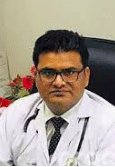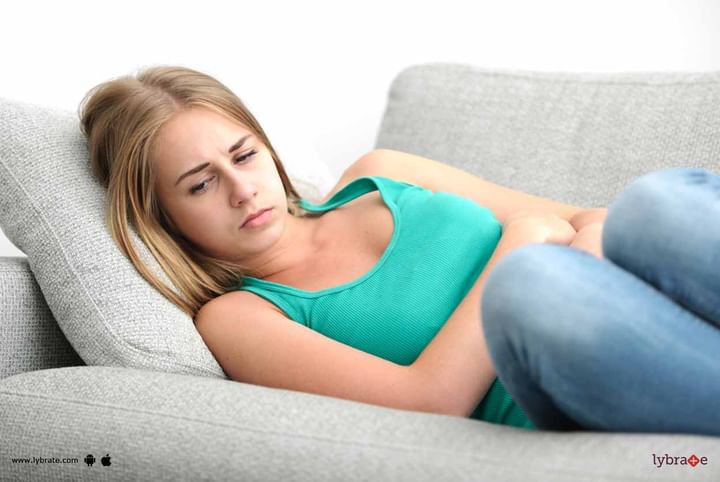Depression In Young Adults - What Should You Know?
It is a serious mental disorder that effects and impacts the brain.It is also reffered as a mental health disorder, a psychiatric condition. Specifically, it is a mood disorder characterized by persistently low mood in which there is a feeling of sadness and loss of interest.
Depression is known by different medical terms, some of which signify a particular diagnosis:
- Depression can affect appetite.
- Clinical depression.
- Major depression.
- Major depressive disorder.
- Persistent depressive disorder.
- Dysthymia.
- Dysphoric disorder.
Causes:
- Genetic.
- Biological – with changes in noradrenergic, dopaminergic and serotonergic neurotransmitter levels theorized.
- Environmental.
- Psychological and social/psychosocial.
Why do adolescents get it?
There are multiple reasons that account for depression in young ones.Some of them are:
- Life events – for example, unemployment, divorce, poverty, although these events lead to lasting, severe depression.
- Personality. Failure of adaptive mechanisms strategies to stressors.
- Genetic factors. First-degree relatives of depressed patients are themselves at higher risk, and occurrence of depression between identical twins is high.
Childhood trauma can cause long-term brain changes affecting responses to fear and stress. Other history also raises the risk, including a suicide attempt, or any form of abuse.
Abuse of recreational drugs including alcohol, amphetamines.
- A past head injury
- Past diagnosis of depression.
Symptoms of depression include:
- Depressed mood.
- Reduced interest or pleasure in activities.
- Unintentional weight loss (without dieting) or low appetite
- Insomnia (difficulty sleeping) or hypersomnia (excessive sleeping).
- Psychomotor agitation (for example, restlessness, pacing up and down), or psychomotor retardation (slowed movements and speech).
- Fatigue.
- Feelings of guilt.
- Worsened ability to think, concentrate or make decisions.
- Recurrent thoughts of death or suicide, or attempt at suicide.
What treatments can be used to overcome it?
- Psychotherapy: Psychological or talking therapies for depression include cognitive-behavioral therapy (CBT), interpersonal psychotherapy and problem-solving treatment.
- Antidepressant medications.
- Support: ranging from discussing practical solutions to contributing stresses, to educating family members.
- Electroconvulsive Therapy: Severe cases of depression that have not responded to drug treatment may benefit from electroconvulsive therapy (ECT), which is particularly effective for psychotic depression.St. John’s wort, exercise and other therapies
- St. John’s wort is a herbal treatment (Hypericum perforatum) that may be effective for mild depression although the evidence is mixed.



+1.svg)
